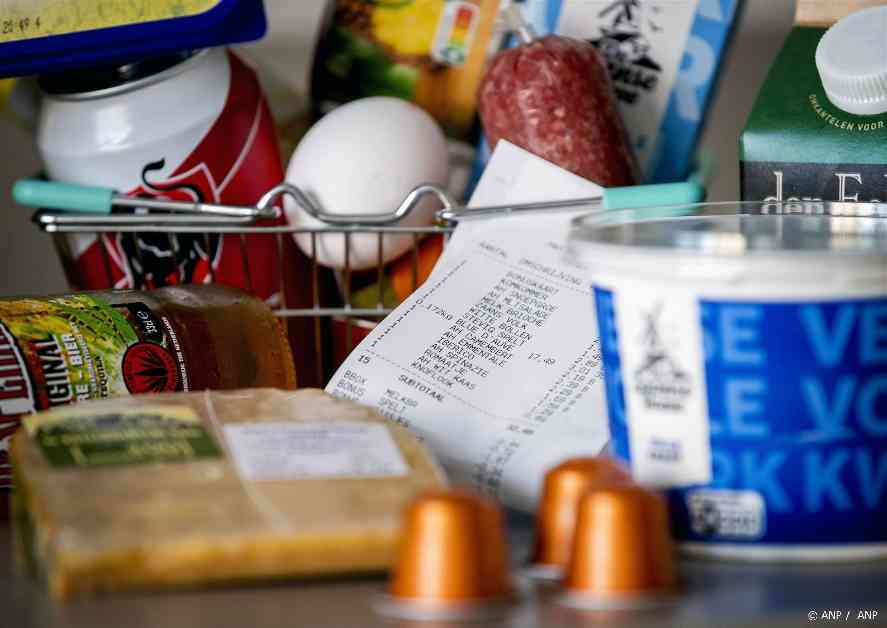Eating healthy nowadays is quite a challenge, considering all the highly processed food in supermarkets. Food producers also don’t make it easy for you, as they have dozens of hidden names for sugar to make products seem more appealing. We will give you tips on how to recognize these hidden names and mention a few of them.
Recently, a dietitian revealed which product in the supermarket she would never buy because it doesn’t give you what you need.
Hidden names for sugar
According to the Diabetes Fund – which recently warned of a real diabetes wave – there are over fifty hidden names for sugars, causing people to have no idea how much sugar they are actually consuming. Grain brand Holie has therefore launched the Sugar ABC: a campaign with all the hidden names of sugar, incorporated in the familiar ABC. This way, consumers should become wiser and better able to avoid sugar.
Below are a few of these hidden names, of course in alphabetical order:
A: agave syrup
B: beet syrup
C: caramel
D: date syrup
E: maple syrup
F: fructose
G: glucose syrup
H: honey
I: invert syrup
J: carob syrup
K: coconut blossom nectar
L: lactose
M: molasses
You may have never heard of some of these words, but they really indicate sugar and are listed on ingredient lists. And the difference between granulated sugar, coconut blossom nectar, fruit sugar, or beet syrup: that is 0. Your body sees all sugars as ‘just’ sugar, so it is equally unhealthy.
How to recognize sugar
Neeke Smit, a dietitian at the Diabetes Fund, explains that you should pay attention to words ending in -ose, such as dextrose, or -syrup and -syrup. “Just take a look at the label of your favorite products, then you will see which unnecessary sugars have been added.”
In addition to paying attention to -ose, -syrup, and -syrup, she also recommends the following:
Check the ingredient list for hidden names of sugar
Pay attention to the position in the list, the earlier an ingredient is mentioned, the more of it is in the product
Watch out for ‘natural’ sugars. As mentioned, the body makes no distinction between natural and unnatural sugars, everything remains unhealthy
Use online sources and apps, such as apps that can scan barcodes and tell you how (un)healthy a product is
When is something low in carbohydrates?
Is coconut water healthy or does it lean more towards soda?
In addition to being mindful of hidden sugars in food, it is also important to focus on the overall nutritional value of products and to prioritize whole, unprocessed foods in your diet. By educating yourself on reading food labels and understanding the various names for sugar, you can make more informed choices for your health and well-being. Remember, knowledge is power when it comes to navigating the complex world of food products in the supermarket.

